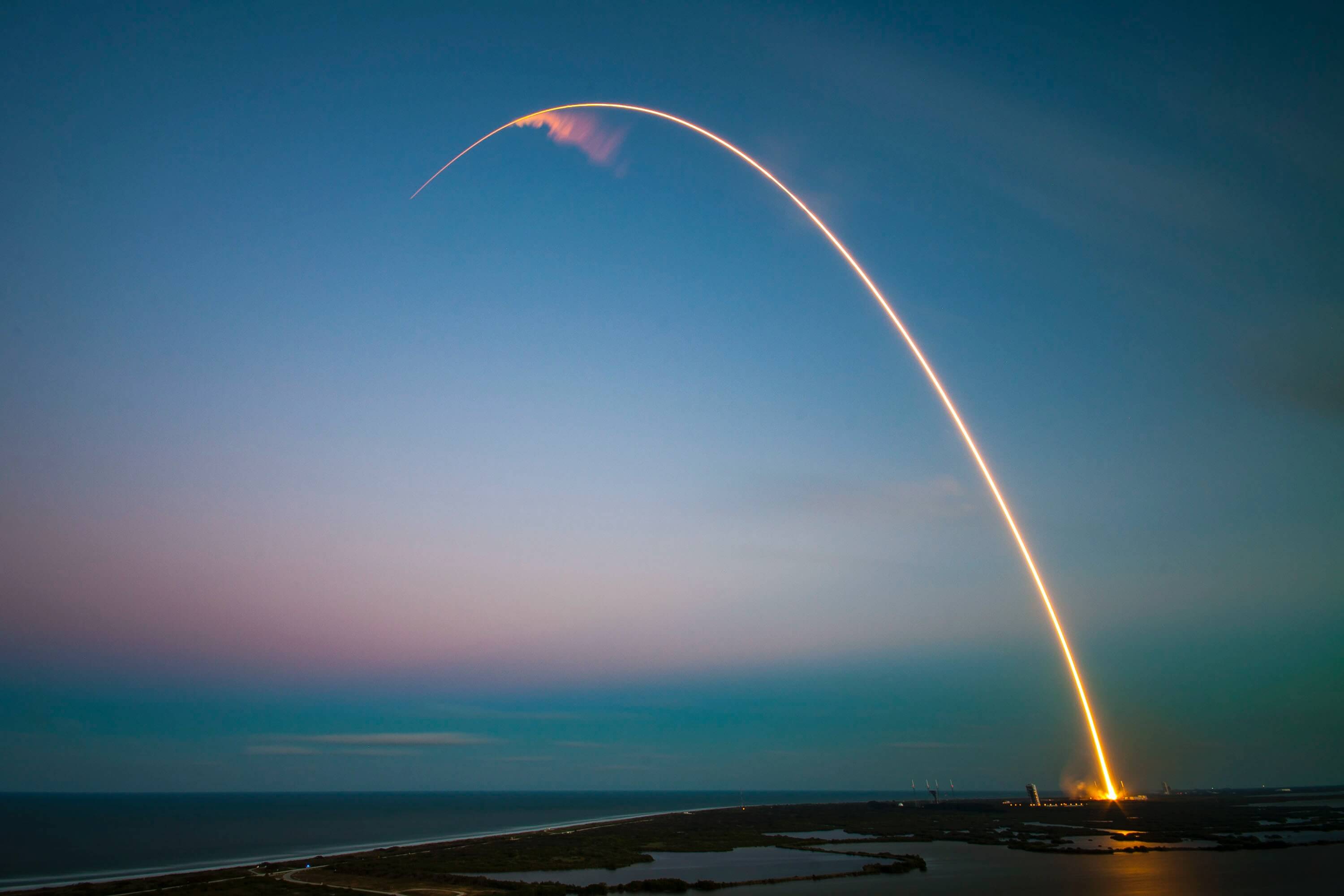The International Atomic Energy Agency (IAEA) and the Food and Agriculture Organization of the United Nations (FAO) have sent seeds into space to explore the effects of cosmic radiation on developing resilient crops. The seeds, which included Arabidopsis and Sorghum, were chosen for their desirable traits and were launched from NASA's Wallops Flight Facility in Virginia in November 2021.
After spending around five months at the International Space Station (ISS), the seeds were released from the ISS and made a parachute-assisted splashdown off the coast of Florida, CA. They will now begin their journey back to the Joint FAO/IAEA Centre laboratories in Austria, where they will be screened and analyzed for desirable traits such as disease resistance and drought tolerance.
This experiment is the first feasibility study by the FAO and IAEA to determine the effect of cosmic radiation, microgravity, and extreme temperatures on plant genomes and biology to generate a sufficient genetic variation for enhanced adaptation to climate change. For example, using space radiation to mutate seeds can create thousands of more vital crops with desirable qualities that could be resistant to disease and tolerant to drought. The analysis of the seeds will enable scientists to compare the changes between the seeds irradiated in a laboratory, those positioned inside and outside the ISS, and those that received total exposure to cosmic radiation, microgravity, and extreme temperatures.
The experiment aims to develop resilient crops that can help provide sufficient food as the planet heats up. The global population is increasing, and farmers worldwide are struggling to meet food demand due to the current pace of climate change. The study's results could pave the way for developing new and improved crops better suited to the changing climate, enabling farmers to meet global food demand.



1 Comment